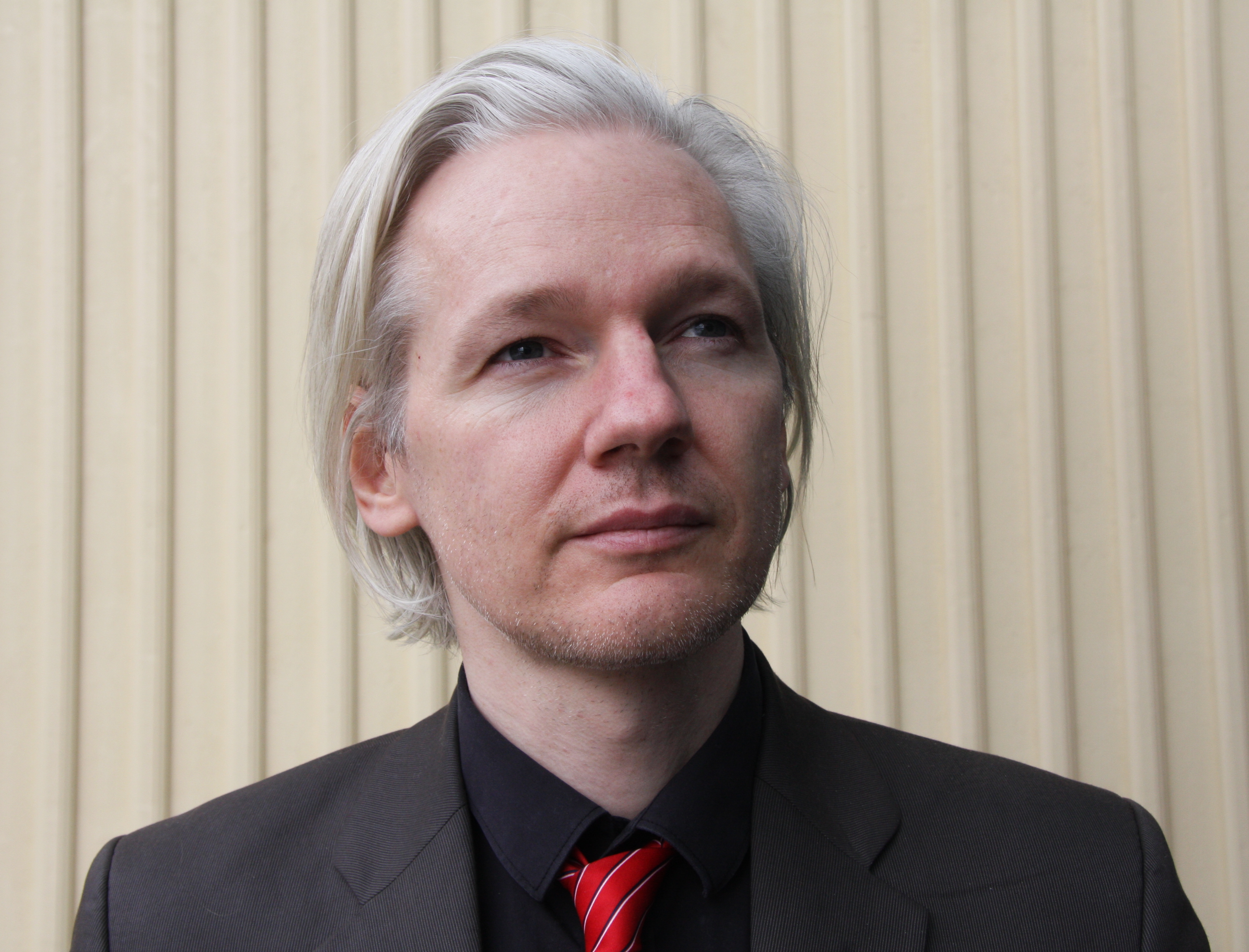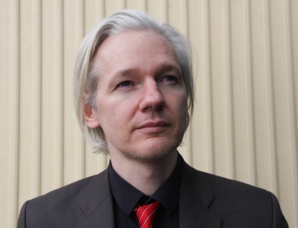Earlier, Mr. Assange himself said that if the UN working group does not decide in his favor, he will leave Ecuador's embassy in the UK, where he has been hiding since 2012, and will surrender to the authorities. "I will accept arrest by British police on Friday if UN rules against me.", - said the journalist on Twitter. "However, if the decision will be made in my favor and the states will be recognized by acting illegally, I expect the immediate return of my passport and end of further attempts to detain me", - he added.
The lawyer of Julian Assange, Per E Samuelsson said that they are still waiting for the official announcement of the UN resolution. Yet, if BBC’s information is true, then Sweden is obliged to stop the persecution of his client and to credit him stay in the Embassy of Ecuador as the time served: "We continue to expect a formal decision. However, if the media reports are valid, prosecutor Marian Ny (instituted proceedings against Julian Assange) must immediately release Assange and close the preliminary investigation. In this case, he has already served his term,"- said the journalist's lawyer. WikiLeaks spokesman Kristinn Hrafnsson commenting on the UN’s possible decision said that he learned about it from the Internet, "I haven’t seen the official decision of the working group so far, and I can contact them only tomorrow morning. We hope that this is true, because so it should be." He also expressed hope that "Sweden and the United Kingdom will act in accordance with the decision taken by the UN".
Swedish prosecutor's office keeps itself from commenting, too. "So far we have not seen the decision. We will comment on it, when we will see the official verdict," - head of the press service of the Swedish prosecutor's office Karin Rosander. British police also told reporters that the arrest warrant for Assange continues to operate in the United Kingdom, and he will be arrested once he leaves the Embassy of Ecuador in London’s territory. According to BBC, this is due to the fact that the decisions of the UN Working Commission is of a formal nature and cannot directly affect the British or Swedish justice.
The British Foreign Office confirmed the police’s position. According to Reuters, the press service of the British Ministry of Foreign Affairs explained that charges against the founder of WikiLeaks are not removed and the British police will be obliged to arrest him if he leaves the embassy. "Accusations of rape are still not removed, and the European arrest warrant is still valid, so that the UK still has a legal obligation to extradite Mr. Assange to Sweden", - Reuters quotes the statement. In addition, the British Foreign Ministry stressed that the UK does not consider the three and a half years that Mr. Assange spent in the Embassy of Ecuador "illegal deprivation of freedom", as he had never been detained by the police and took refuge in the embassy voluntarily to avoid arrest by the police.
It is worth noting that the journalist has managed to significantly reduce the number of charges from the Swedish authorities. In August 2015, the statute of limitations has expired for three of the four cases of sexual harassment made against the journalist. The only remaining case is alleged rape. This is the reason why the Swedish prosecutor's office wants to extradite Mr. Assange. January 15, the institution managed to come to an agreement with the Ministry of Foreign Affairs of Ecuador and with the journalist himself to question him directly in the premises of the Embassy. This, however, does not absolve the journalist’s responsibility for the violation of bail conditions, out of whichhe had fled to the Ecuadorian embassy in 2012 after the dismissal of the appeal by the British authorities.
The lawyer of Julian Assange, Per E Samuelsson said that they are still waiting for the official announcement of the UN resolution. Yet, if BBC’s information is true, then Sweden is obliged to stop the persecution of his client and to credit him stay in the Embassy of Ecuador as the time served: "We continue to expect a formal decision. However, if the media reports are valid, prosecutor Marian Ny (instituted proceedings against Julian Assange) must immediately release Assange and close the preliminary investigation. In this case, he has already served his term,"- said the journalist's lawyer. WikiLeaks spokesman Kristinn Hrafnsson commenting on the UN’s possible decision said that he learned about it from the Internet, "I haven’t seen the official decision of the working group so far, and I can contact them only tomorrow morning. We hope that this is true, because so it should be." He also expressed hope that "Sweden and the United Kingdom will act in accordance with the decision taken by the UN".
Swedish prosecutor's office keeps itself from commenting, too. "So far we have not seen the decision. We will comment on it, when we will see the official verdict," - head of the press service of the Swedish prosecutor's office Karin Rosander. British police also told reporters that the arrest warrant for Assange continues to operate in the United Kingdom, and he will be arrested once he leaves the Embassy of Ecuador in London’s territory. According to BBC, this is due to the fact that the decisions of the UN Working Commission is of a formal nature and cannot directly affect the British or Swedish justice.
The British Foreign Office confirmed the police’s position. According to Reuters, the press service of the British Ministry of Foreign Affairs explained that charges against the founder of WikiLeaks are not removed and the British police will be obliged to arrest him if he leaves the embassy. "Accusations of rape are still not removed, and the European arrest warrant is still valid, so that the UK still has a legal obligation to extradite Mr. Assange to Sweden", - Reuters quotes the statement. In addition, the British Foreign Ministry stressed that the UK does not consider the three and a half years that Mr. Assange spent in the Embassy of Ecuador "illegal deprivation of freedom", as he had never been detained by the police and took refuge in the embassy voluntarily to avoid arrest by the police.
It is worth noting that the journalist has managed to significantly reduce the number of charges from the Swedish authorities. In August 2015, the statute of limitations has expired for three of the four cases of sexual harassment made against the journalist. The only remaining case is alleged rape. This is the reason why the Swedish prosecutor's office wants to extradite Mr. Assange. January 15, the institution managed to come to an agreement with the Ministry of Foreign Affairs of Ecuador and with the journalist himself to question him directly in the premises of the Embassy. This, however, does not absolve the journalist’s responsibility for the violation of bail conditions, out of whichhe had fled to the Ecuadorian embassy in 2012 after the dismissal of the appeal by the British authorities.






